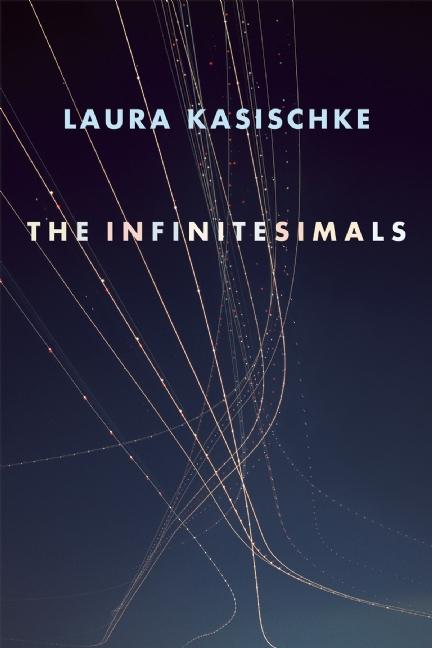2018 School Spending Survey Report
The Infinitesimals
Copper Canyon. May 2014. 100p. ISBN 9781556594663. pap. $16. POETRY
COPY ISBN
VERDICT Is Kasischke dreaming of traversing the layers of hell and meeting Sylvia Plath? Or is she just letting her mind wander? And if so, where is it going? Where is each poem going? At their best, the pieces here see inside the inside of things, but often they just get lost in their own thought.
RELATED
ALREADY A SUBSCRIBER? LOG IN
We are currently offering this content for free. Sign up now to activate your personal profile, where you can save articles for future viewing




Comment Policy:
Comment should not be empty !!!